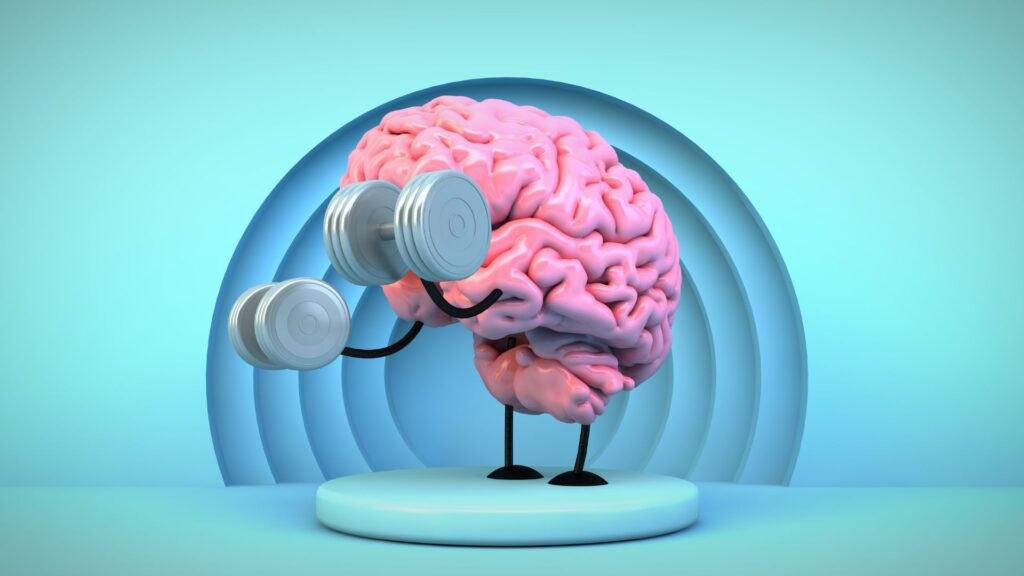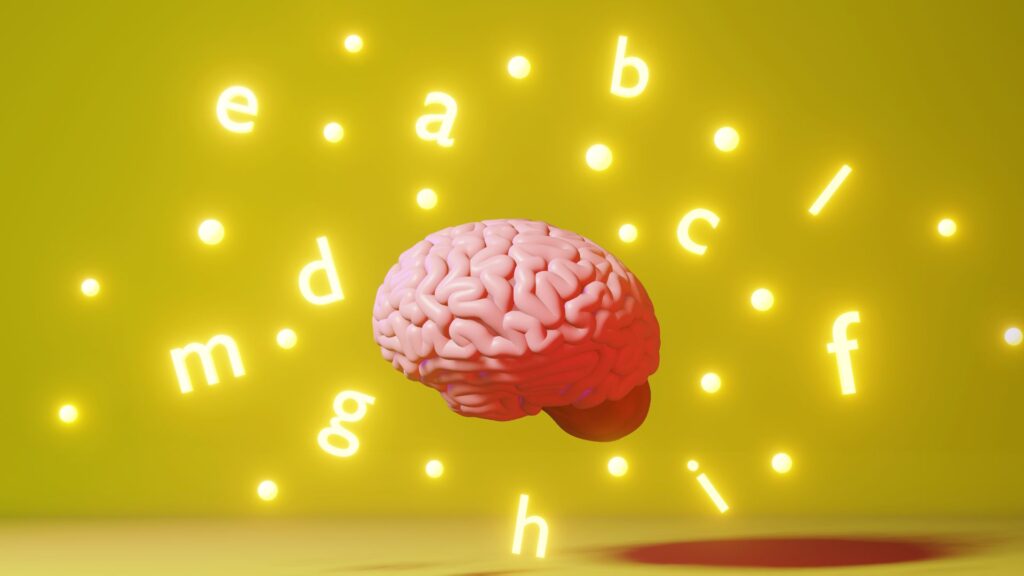If an author has written about how beautiful the flowers are in a garden, he wants you to imagine and experience the feel of how nice it would be to see such beautiful flowers in front of you. This feeling and the words stay with us, meaning that whatever we read goes directly into our memory. In this article, I will discuss, does reading improve memory?
I still remember how I felt when one of the leads died in my favourite novel. It was a murder of betrayal born from greed for the accession of the throne. And not only this part of the story or only this story I remember but also several other exciting things I have read. The more I read, the more I remember.
So yes, reading does improve memory. And most times, without any special effort, most of the things we read go into our memory. The more it goes, the more our memory expands. So, reading and memory are proportionately connected.
Here in this article, we have put together some logical explanations that give us a crisp of what happens inside our brain when we read and how it impacts our memory skills.
Can Reading Improve Memory?
The brain is the centre for all activities, and we know that. It keeps track of everything we see, hear, and do.
One of the most crucial functions of our brain is memory. While reading is an activity that keeps the brain healthy and active, it is evident that it can help the brain do its primary function quite well. Reading keeps the brain busy by increasing its connectivity, which in turn increases our brain’s memory function. So, yes, reading helps improve memory.
Not only the eyes that will work while reading but also the vision, language centres, and associative learning are all involved in bringing together the action of reading. Reading is proven to increase the function and connectivity rate in reading adults, children, and older people.
It helps children in their initial stages of language reception and communication. It allows older people not to lose their memory and fall prey to cognitive memory diseases like Alzheimer’s and Dementia.
How does Reading Improve Memory?
1. Concentration

We read by interest. While some may start reading to make it a compulsive habit, it eventually becomes a part of our daily life, and we cannot pass a day without reading at least a page. So, we become passionate readers.
Being keen readers, we cannot resist but keep all our focus on the book’s plot. This means that the brain is totally into what we are reading, and nothing else matters now. This means that reading improves the rate of our concentration.
When we do anything giving it a hundred per cent attention, our brain receives it more and stores it better. This eventually leads to alleviated memory.
2. Connectivity

Neurogenesis is a process which results in the formation of new neurons in the brain. Studies show that reading improves the function of neurogenesis. The connectivity and functioning of the brain depend on the number of neurons.
The higher the connectivity, the higher the brain’s capacity to receive and store things.
Reading also improves the strength of the existing connections of the brain. Whatever we read must be comprehended to extract the information the piece of content is trying to convey.
This comprehension process results in increasing connectivity. Reading also activates the language and speech centres. All these lead to heightened connectivity and, in turn, improved memory.
3. Exercising your Brain

Workout for our body aims to wake up all the sleeping muscles, energize them and bring them to shape and good condition. When physically we need something to keep our lives healthy and energized, the same goes for our mental health.
We are a generation who are very much into the digital world and its tools like mobile phones, laptops etc. Lives are hectic nowadays. We are working seven days a week, 24 hours a day. Even if it is not just office work, we are still engaged all day in some activity that drains our brain now and then.
Doesn’t the brain need a workout session too? Watching movies or playing games on a mobile phone, laptop, or tablet may all look like a stress buster for our ever-challenging stress factors. But considering the inside of our brains, they don’t do much good. Those drain our energy too.
So, what workout refreshes your brain, giving it all the energy it needs? Of course, it’s reading. When there are hundreds of benefits through which reading helps your brain, and exercising your brain is one of them.
Reading involves activating and working the visual, auditory, language reception and many other areas of the brain, which means that a considerable part of our brain is involved in the reading activity, which keeps our brain engaged during the whole reading session.
4. Improving Vocabulary
Likewise, reading a lot can help build your vocabulary by introducing you to new words and phrases throughout your sessions. This can also give your memory a passive boost since you get all that stuff to memorize.
When it comes to specifically reading stuff for vocabulary building, there are a number of things that you can try out. You can head over to online blogs and articles to give them a read. You can also paraphrase your content using online paraphrasing tools to see the new words that they (the tools) add in place of the existing ones.
5. Regulating stress levels

There are many types of research which show that reading can significantly reduce stress levels. Reading a book takes us into the plot, putting ourselves into the character’s shoes which all results in us being lost in the book, through which our brain wouldn’t be focussing on the other stress factors.
A study compared the effects on the human body to the perception of yoga, funny videos and reading. Reading for at least 30 minutes has shown a decreased rate of stress levels. Reading is a form of therapy. There are a lot of people who take up a book to escape from the stress and tensions that were caused by the whole day. It is also proven that reading helps.
6. Sleep cycle

Reading is considered a workout for our brain, but it also brings some sleep. It does not mean that reading drains the brain’s energy. Other factors lead up to bringing in sleep while reading a book—sleeping while reading may not always be a good thing.
But if you want to feel relaxed and sleep peacefully, you should take a book to bed. Reading is an excellent method for people who are suffering from insomnia. A study shows that about 68% of today’s adults have insomnia. Even young adults are now deprived of sleep.
While we naturally look for other ways, such as listening to songs or scrolling through social media, reading a book is effective and healthy.
Conclusions | Does Reading Improve Memory?
Reading pros can be listed all day; still, we need more time to cover them. There is still research going on how our brain responds to reading. Memory is something we all wish to hold on to forever. It is not just about retaining information about what you read in a book or a news article.
This increased memory is also about how well you remember the people you meet and the moments you experience. We remember everything now. But there will come a stage in everyone’s life where we would struggle to remember even our favourite recipe, favourite cricketer’s name and much more.
We are all humans, and the human system is bound to deteriorate daily. It is equally important to keep the brain and our mental health great as we do to keep our physical body healthy. Apart from being a hobby and passion, reading has thousands of benefits.
Reading keeps us fresh, young, healthy and at peace. These are for which we run our whole lives, right? Read more! Live more! Happy reading! and do click the link mentioned below.




